Nine English wines to celebrate St. George’s Day with
By Louis ThomasApril 23rd is not just St. George’s Day, it’s also the likely birth/death day of William Shakespeare. The Bard certainly appreciated a good tipple, writing that “good company, good wine, good welcome can make good people.” England’s ability to provide the other criteria may be debatable, but the quality of its wine cannot be denied.
Rathfinny Blanc de Noirs 2016

Predominantly made from hand harvested Pinot Noir grapes grown in the South Downs, this is a wine to put Sussex sparkling on the world wine map. Bottle ageing has transformed a fruit-forward vintage into one with an immediate aroma of ripe taleggio cheese. The savoury flavour profile make this a versatile accompaniment to any number of dishes. Rathfinny’s elegantly eye-catching bottles can be found on some of the most sought after restaurant tables in London and beyond.
Gusborne Blanc de Blancs 2018
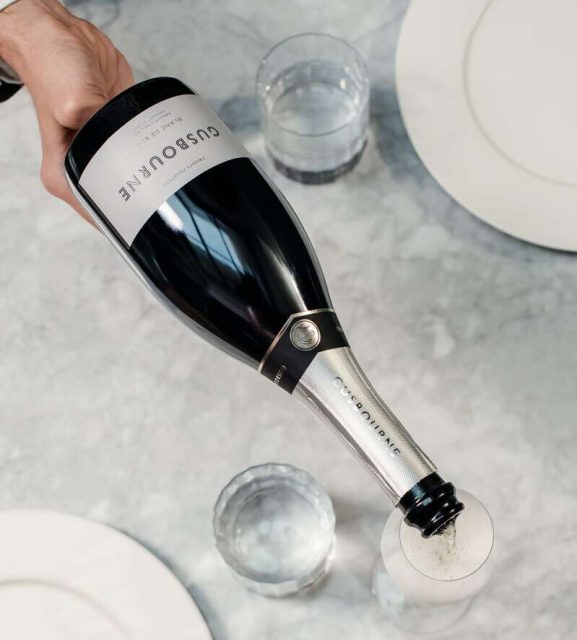
From Blanc de Noirs to Blanc de Blancs, this Chardonnay-based sparkling provides citrus, wet stones and a refreshing acidity. 33 months of lees ageing has also lent a scent of freshly-baked pastries. Founded in 2004, Gusborne produces still and sparkling wines made from grapes grown in Sussex and Kent.
Denbies Pinot Noir 2019

Beyond traditional method sparkling, English still wine is also emerging as a market contender. John Worontshak, Chief Winemaker at Denbies Wine Estate in Surrey, is one figure helping to propel the rise of English Pinot Noir. Born in Australia and having worked from Alsace to Napa, he turned his attentions to England 25 years ago. The 2019 was a strong year, with two years in oak providing a delicate spice which doesn’t overpower the red fruit profile.
Gifford Hall Bacchus 2019
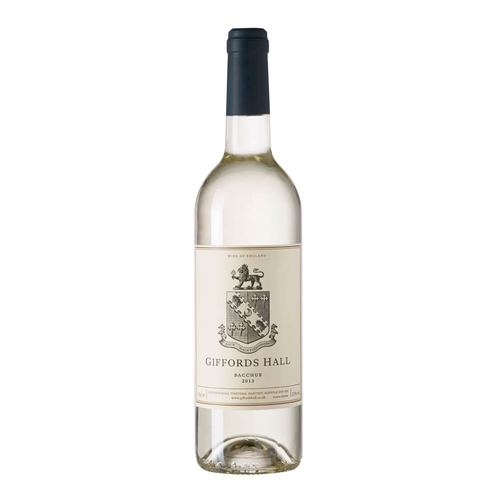
East Anglia is rapidly growing into a viticultural powerhouse. Gifford Hall, near Bury St. Edmunds, produces an enviable range of sparkling wines, but they are also championing still wines vinified from a relatively new variety. Bacchus was bred into existence less than a century ago, and in England’s cooler temperatures it produces wines akin to Sauvignon blanc.
Welcombe Hills A Rose by any other name 2020
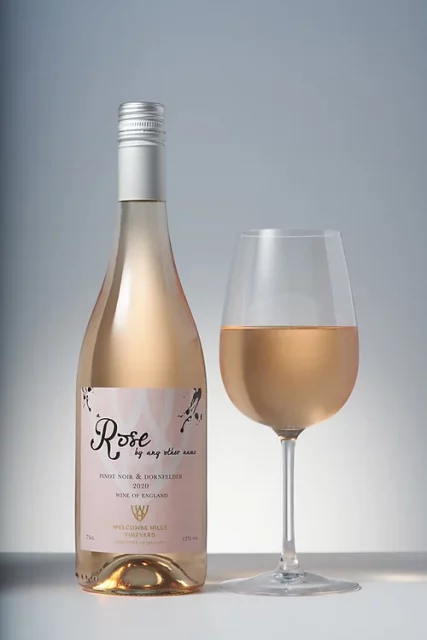
A wine produced near Stratford upon Avon being given a Shakespearean theme might be a little on the nose, but this Warwickshire rosé is an award winner. 70% Pinot Noir and 30% Dornfelder give it the quintessentially English aroma of strawberries and cream, so perhaps you may wish to save this for Wimbledon instead of St. George’s Day.
Partner Content
Charles Palmer Chardonnay 2018
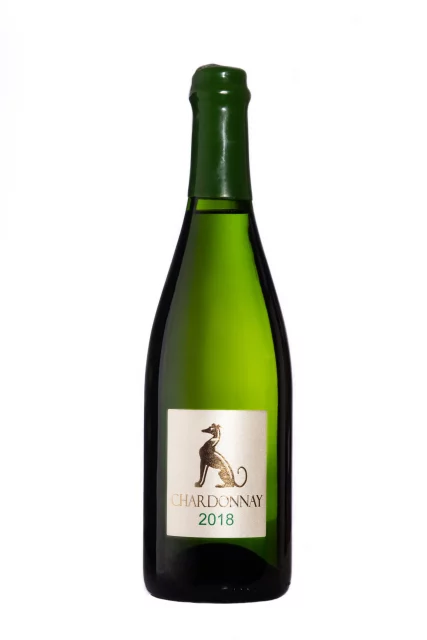
Less can be more – and the absence of oak and malolactic characteristics leaves this as an emulation of Chablis, rather than of whites from the rest of Burgundy. However, it is so much more than just a tribute to French winemaking. Sussex appears frequently on this list because it has exceptional conditions for vine cultivation, and Charles Palmer’s vineyard near Winchelsea is blessed with good soil and a good aspect.
Leventhorpe West Riding Red 2013

This field blend of Gamay, Dornfelder, Triomphe, Regent, Pinot Noir and other varieties is something really quite unique. Produced in the Ripasso style, it brings a hint of the Veneto to Yorkshire. Leeds may not be the first place to come to mind when we think of winemaking, but the Leventhorpe Vineyard was established almost 40 years ago and continues to produce distinctive and characterful wines.
Polgoon Ortega 2019
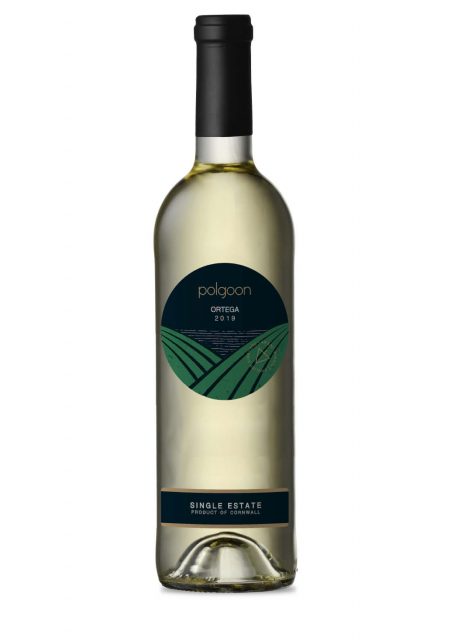
The hardiness of the Ortega grape makes it ideally suited for windswept west Cornwall. Expect aromas of honeysuckle and stone fruit. This is perfect to enjoy on a warm day in Penzance, perhaps with some freshly caught fish or locally produced artisanal cheese and charcuterie.
Hattingley Valley Entice Dessert Wine
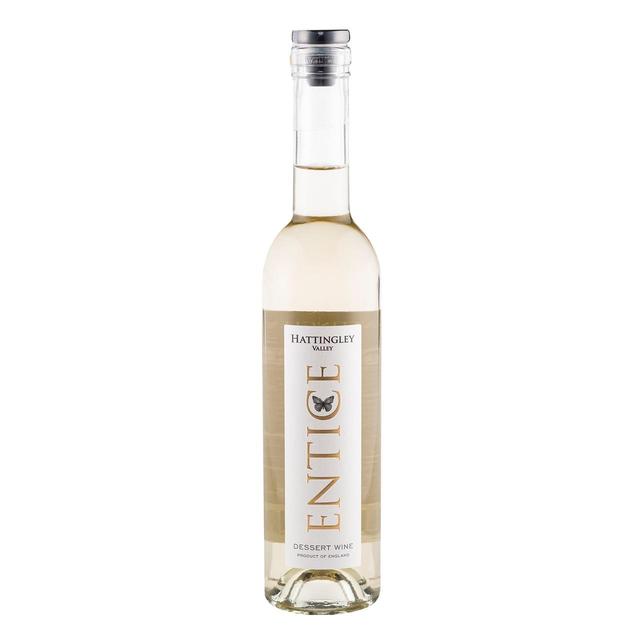
This Hampshire producer skirts around some of the perils which come with the ice wine method by not leaving it up to the unpredictability of nature. Bacchus grapes are left to ripen for as long as possible before then being frozen in a walk-in freezer for two weeks. After this, they are gently crushed and pressed to release the highly concentrated juices to be fermented. The sweetness is balanced by the fresh acidity, making this a good pairing with cheese or rich desserts.
England expects every man to do his duty and buy a bottle produced from the fruits of this green and pleasant land.
Related news
‘Budget Burgundy for the world’: Hamilton Russell at 50




